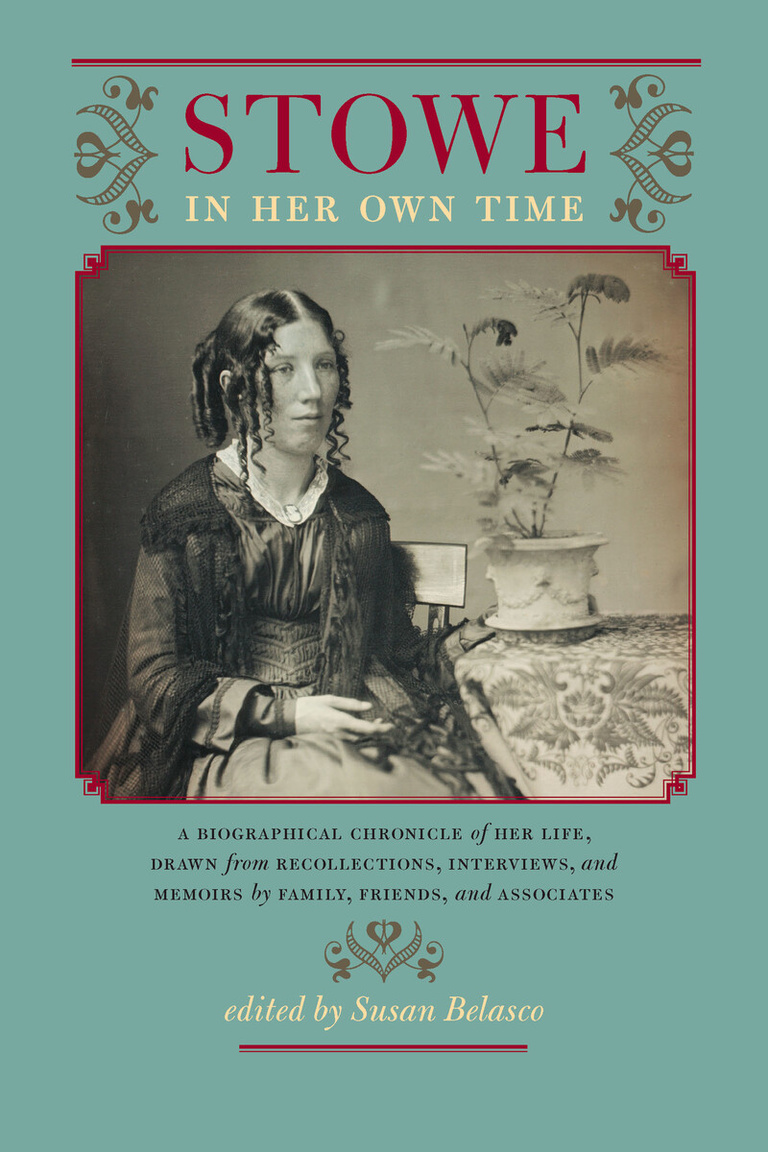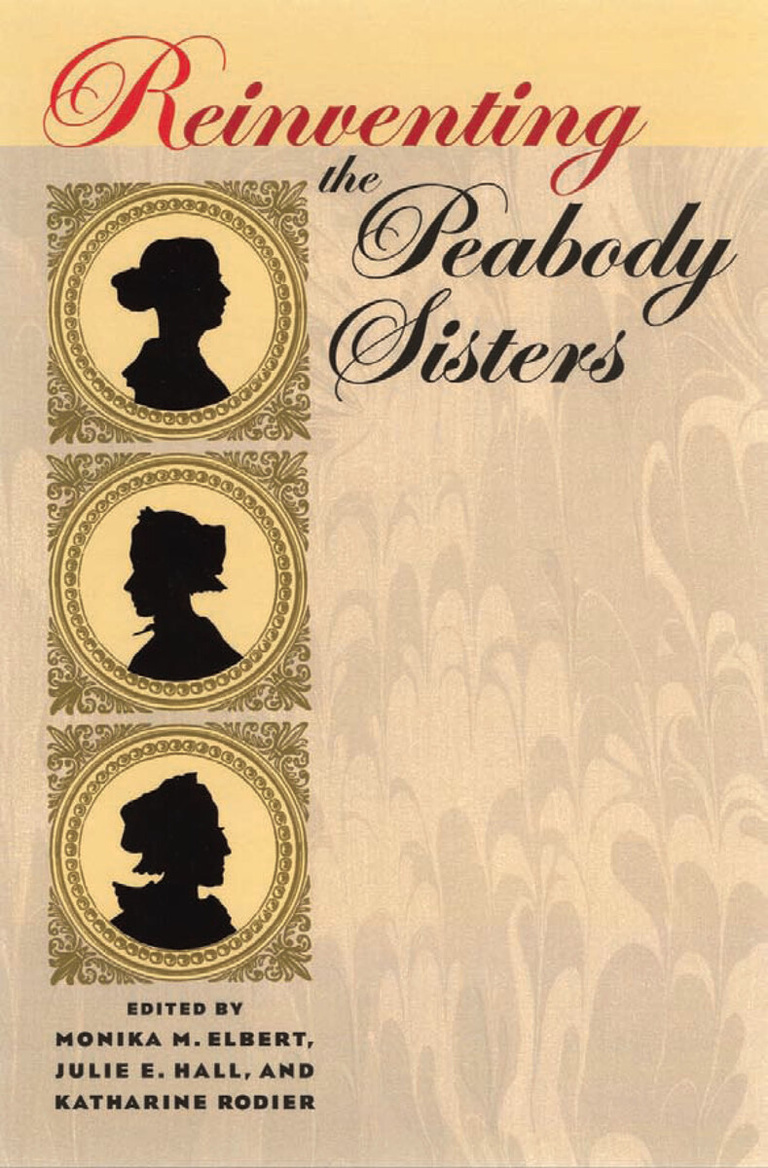Uncle Tom’s Cabin broke publishing records and made Harriet Beecher Stowe in her time one of the world’s most famous authors. The book was a bestseller in Britain and was translated into some forty languages. Yet today Stowe tends to be seen wholly in the context of American literary history. Transatlantic Stowe: Harriet Beecher Stowe and European Culture is the first book to consider multiple aspects of Stowe’s career in an international context.
The groundbreaking essays of Transatlantic Stowe examine the author’s literary and literal forays in Europe and the ways in which intellectual and cultural exchanges between the Old and New Worlds shaped her work. It was a crucial moment in the transatlantic discourse, a turning of the tide, and Stowe was among the first American novelists to be lionized in Europe—and pirated by publishers—in the same way that European writers had been treated in America.
Blending historical and cultural criticism and drawing on fresh primary material from London and Paris, Transatlantic Stowe includes essays exploring Stowe’s relationship with European writers and the influence of her European travels on her work, especially the controversial travel narrative Sunny Memories of Foreign Lands and her “Italian novel” Agnes of Sorrento.
Interdisciplinary and itself transatlantic, the collection discusses visual art and material culture as well as literature and politics and includes contributions from Britain, Ireland, and the United States. Together these essays offer new interpretations of Stowe’s most popular novel as well as new readings of her many other works, illuminate the myriad connections between Stowe and European writers, and thus rewrite literary history by returning Stowe to the larger political, historical, and literary contexts of nineteenth-century Europe.
“Interdisciplinary in their approach, international in their focus, the remarkable essays in Transatlantic Stowe substantially broaden Stowe scholarship to investigate her European influences as well as her important influence on European culture and society.”—Dorothy Z. Baker, University of Houston
“Transatlantic Stowe constitutes an outstanding contribution to the field of American and women’s literature and the recent scholarship in the transatlantic. Full of engaging essays that challenge conventional notions about Stowe’s work—even quite recent criticism about Stowe’s regionalism—and present new insights about Stowe’s role in the transatlantic dialogue, it is a lively and well-written, truly transatlantic collection in theory and practice.”—Susan Belasco, University of Nebraska at Lincoln


